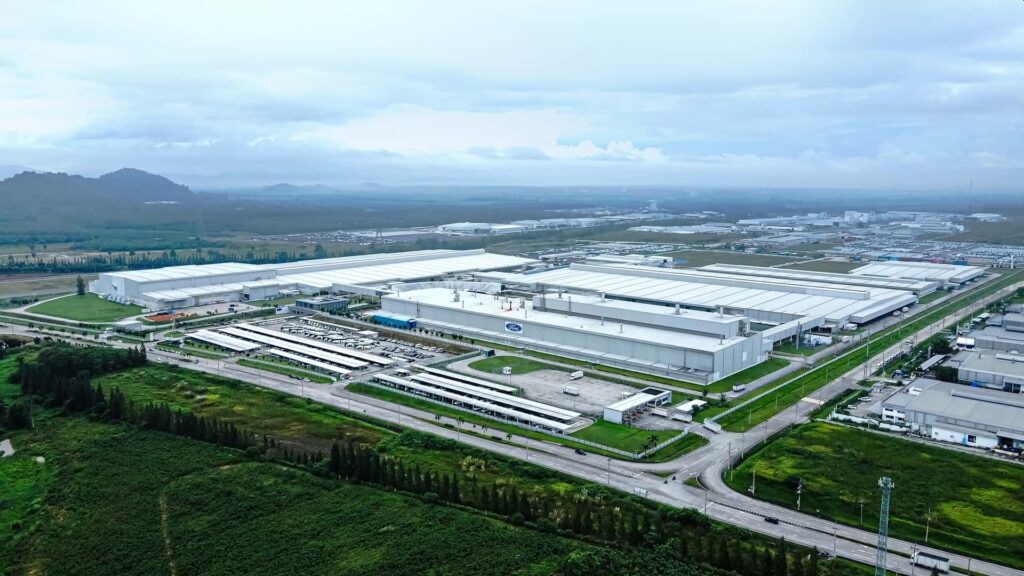
Economic Factors Contribute to First Major Sales Decline in Two Years
New vehicle sales in Malaysia experienced a notable decline in June 2024, marking a 7% drop compared to the same period last year. According to data from the Malaysian Automotive Association (MAA), sales fell to 58,046 units from 62,601 units in June 2023.
Market Trends and Economic Context
This decline represents the first significant downturn in the Malaysian vehicle market for the year, following a period of robust growth post the 2021 pandemic. The drop in sales can be attributed to several factors, including higher interest rates and changing economic conditions. Despite the central bank’s interest rate hikes over the past two years, the Malaysian economy has shown resilience, with GDP growth projected to surge by 5% year-on-year in the second half of 2024.
Monthly and Yearly Comparisons
The market also saw a 17% decrease from May 2024, when 70,130 units were sold. This sharp month-to-month decline underscores the volatility in the automotive sector. However, despite the June setback, the vehicle market expanded by 7% in the first half of 2024, with total sales reaching 390,296 units compared to 366,176 units in the same period last year. This growth was driven primarily by a 9% increase in passenger car sales, while commercial vehicle sales saw a 15% decline.
Leading Brands and Market Share
Local brands Perodua and Proton continued to dominate the market, collectively holding a 62% market share with 241,937 units sold in the first half of 2024. Proton’s global sales, however, dipped by 5% to 73,696 units during this period, although the Saga model remained the company’s top seller with a 4% increase in deliveries.
Production and Future Outlook
Vehicle production in Malaysia increased by 8% in the first half of 2024, reaching 362,052 units compared to the previous year. Despite the current downturn, the MAA has revised its full-year sales forecast to 740,000 units, slightly down from the previous estimate of 765,000 units. The association attributes this adjustment to Malaysia’s robust economy, stable interest rates, and promising order backlogs, particularly for A-segment passenger cars at Proton and Perodua.
The 7% decline in vehicle sales in June 2024 highlights the challenges facing the Malaysian automotive market amidst economic fluctuations and interest rate changes. However, with strong local brand performance and a resilient economy, the market is expected to stabilize and continue growing in the long term.


